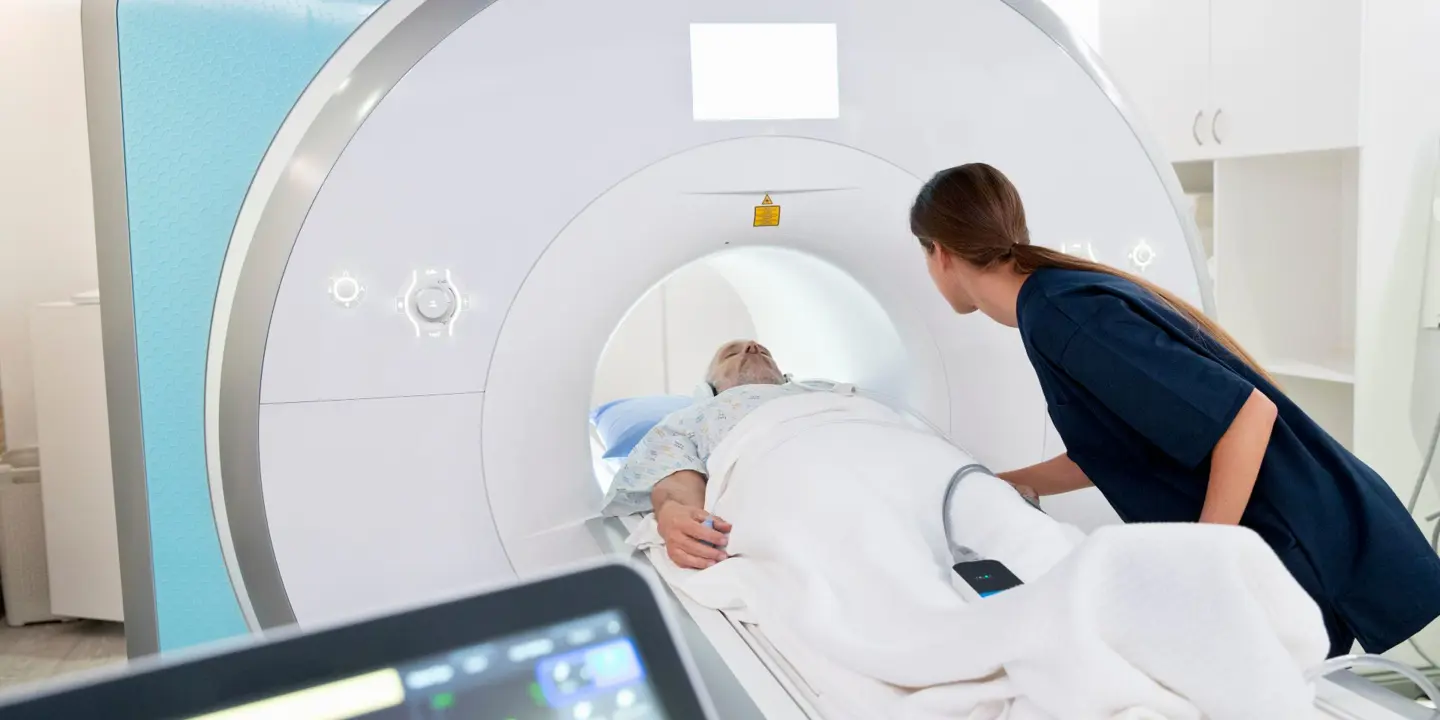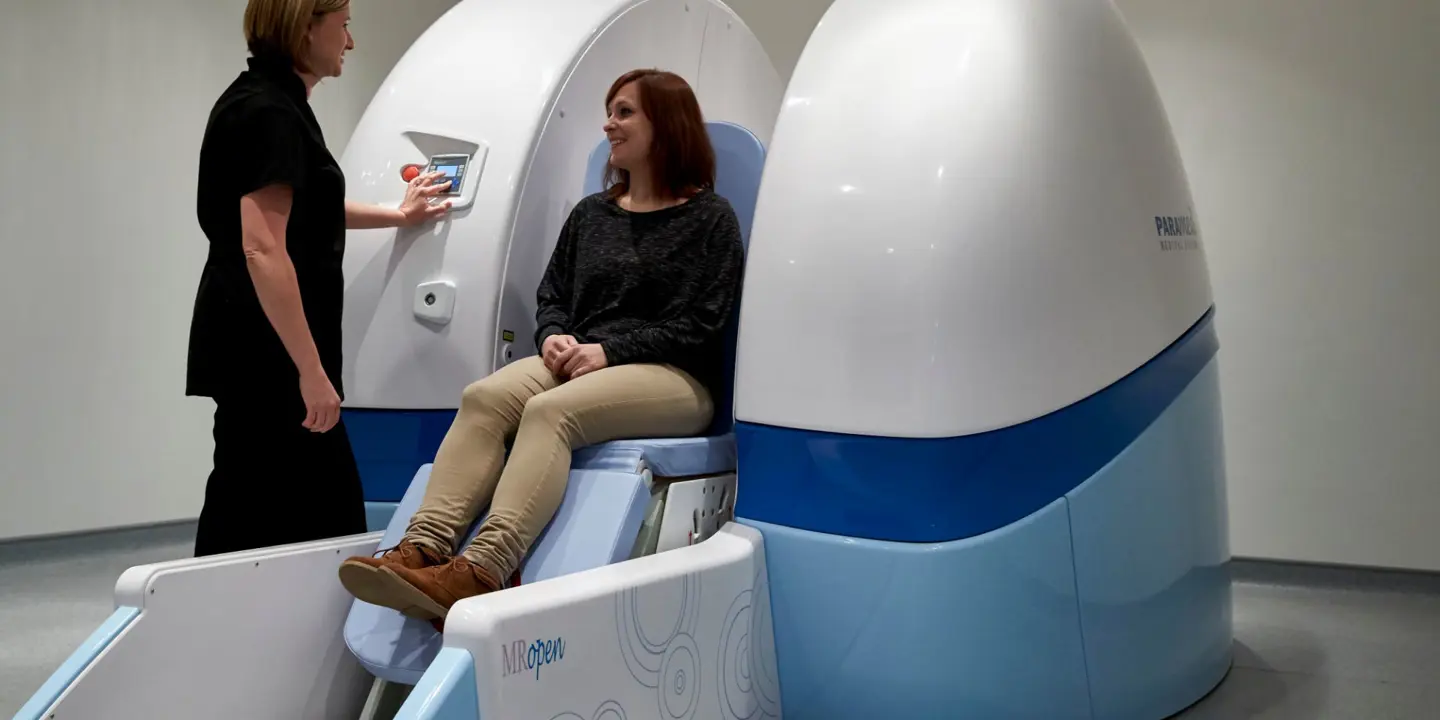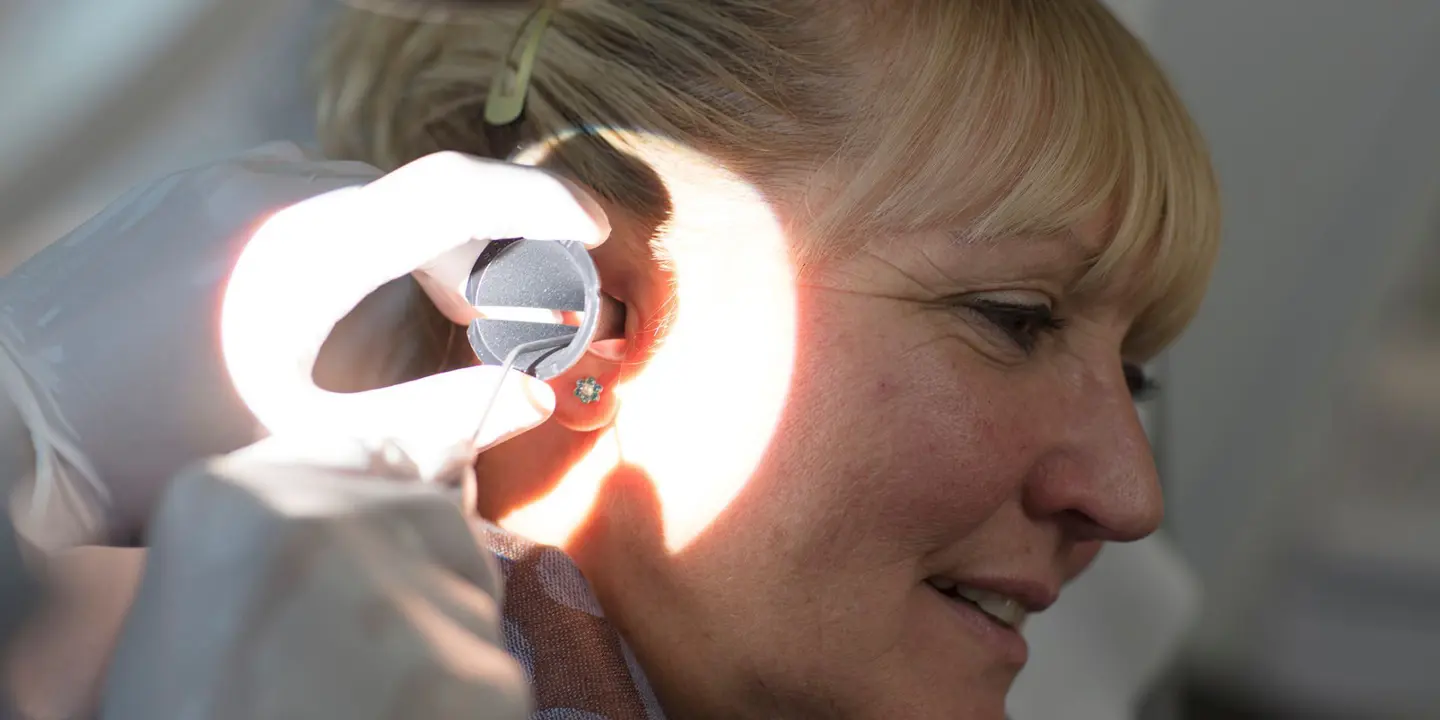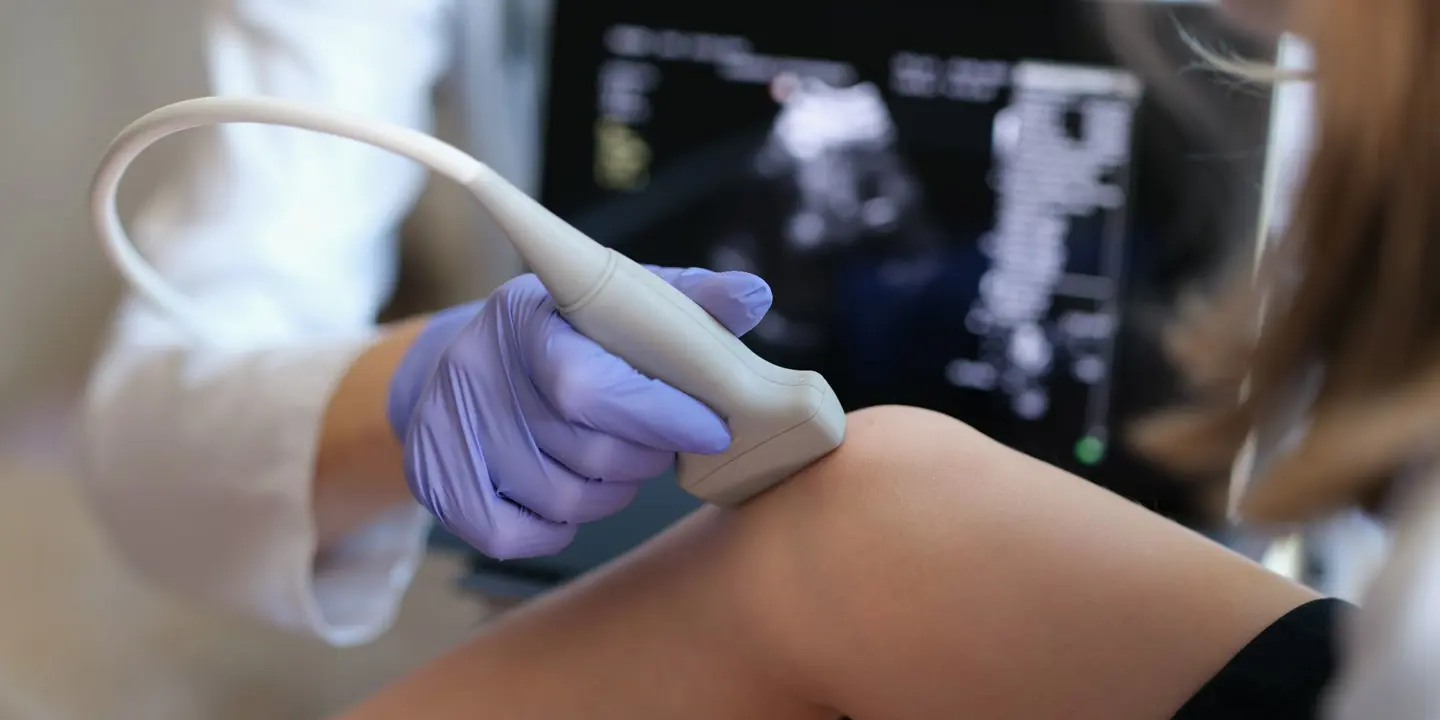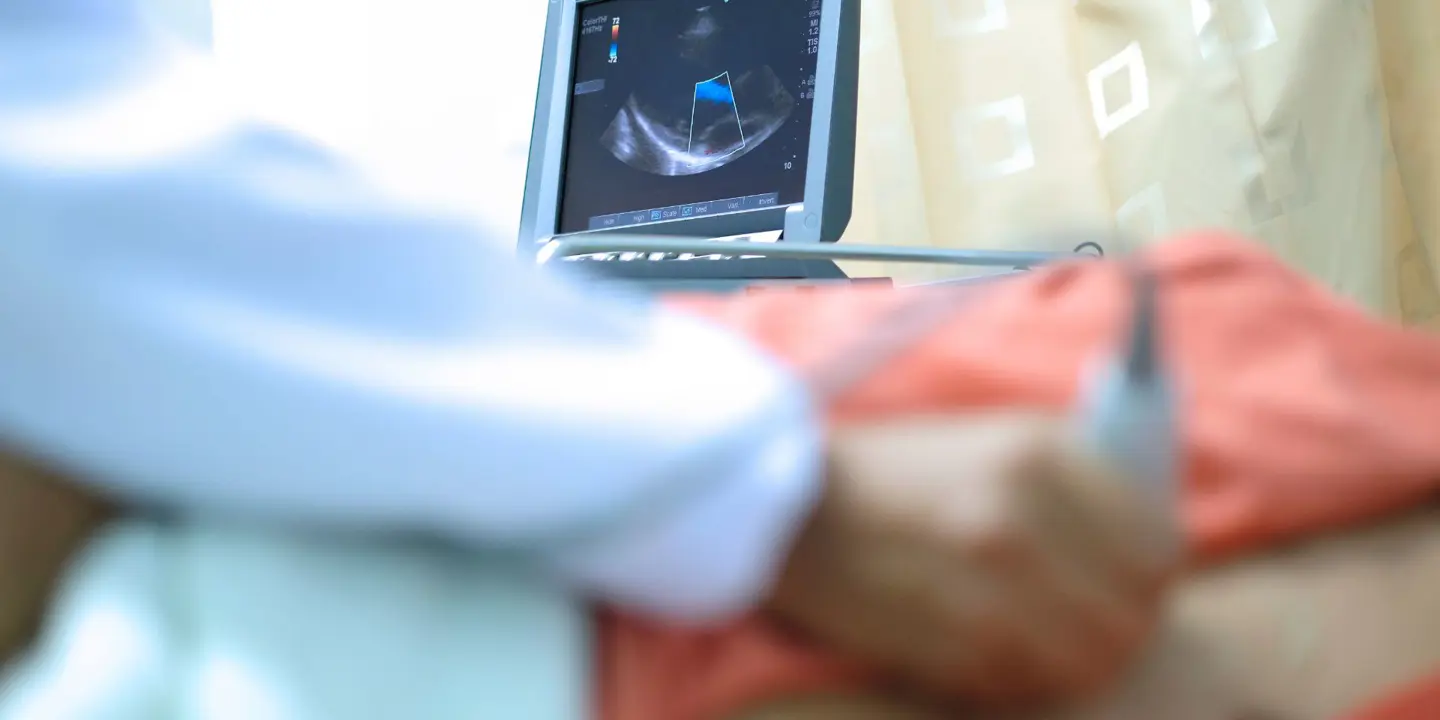The Benefits of Learning a New Skill for Brain Health
As well as being an enjoyable and fulfilling activity for your growth as a person, a lot of research suggests that learning a new skill can be endlessly beneficial for your brain health. It has even been shown to stave off dementia and brain deterioration.
While certain skills, such as learning a language or instrument are easier the younger you are, our brain is still able to grow and improve its neural functions in adulthood. Keeping your brain active through learning something challenging only continues to improve your brain’s speed and ability to process, so its important to keep up on new skills.
What’s the science?
The white matter in your brain, called myelin, helps improve and maximise performance on a number of tasks. The more practice you put into learning something, the denser your myelin becomes, in a process called myelination. This helps you learn better and faster.
Myelin acts as a coating to your axons and neurons, so with more myelin, more neural pathways are formed. This allows electrical impulses to travel faster as you process more information, which means you can process the information and upskill quicker. The more you learn, the more pathways are produced, and the quicker your brain responds.
What and how should I practice?
Researchers found that not all activities or skills can be treated equally in their effect on the production of myelin. Dr Denise Park’s investigation in 2014 highlighted that only people who had learned a completely new and challenging task had significant gains in the speed and performance of their brain processing.
The more challenging the task, the more likely you are to stretch your brain and aid in the production of more myelin. Other researchers, like diversional therapist Margie Kannard suggest that enjoyment should also be top of the priority list to make sure you keep challenging yourself.
However, it’s important to remember that it is not just the amount you practice, but practicing accurately and carefully. In practicing poorly or incorrectly, the myelin is strengthened for practice in that way - therefore the skill is no longer challenging or forcing you to improve your learning of it. Make sure you’re practicing regularly and properly to get the best brain stretch.
What things can I do?
This can range from small daily tasks which cause you to focus, or bigger projects which take a long time to learn and master.
Some suggested daily tasks include switching dominant hands, using chopsticks, doing things backwards or upside down or reading aloud to avoid doing things on autopilot.
Bigger tasks can include learning a foreign language, learning an instrument, taking up digital photography or other creative hobbies which force you to focus rather than act without thinking.
Brain Game Apps
Brain training apps have been a point of controversy with regards to their ability to improve cognitive function. New research suggests there is no significant improvement in processing for young people through the use of these apps.
However, some researchers still suggest there is some benefit for elderly participants, where learning to master the apps adds a dimension of learning a new skill. While brain game apps should not be fully relied on as means of cognitive training, if they are challenging for the participant, they can be a valuable method.
How can it help in older age?
Myelin naturally decreases with age, which explains why it is harder to take up challenging skills later on in life. As the brain is plastic, and can continue to grow at any age, learning a new skill at an older age can allow it to regrow some myelin and improve your brain power.
Demyelination is the process of degeneration of myelin in your brain, which is a leading factor in many degenerative diseases such as Multiple Sclerosis (MS). However, demyelination has also been suggested to be present in Alzheimer’s and dementia in increasing deterioration of brain cells and central nervous system. In this way, many researchers believe that aiding the growth of myelin through brain training and challenging your skills can stave off dementia and improve your memory.
Learning a new skill, at any age, is a valuable and enjoyable activity to take part in, as well as making you a more well-rounded and engaged person. Moreover, it’s a great way to keep your brain active and growing, improving cognitive functions and speed of learning.
New skills are important to incorporate in daily life particularly for elderly people or those at greater risk to cognitive decline, to improve memory and maximise the processing of your brain. Learning a new skill is one of the most interesting ways to look after your brain health - and have fun whilst doing it!



